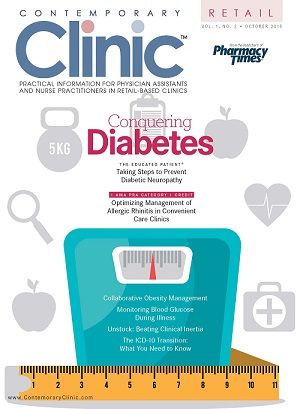Does Diabetes Impact Menopause?
Half of the world’s population will go through the event of menopause. Age at natural menopause (ANM) tends to vary by individual, with the average age range between 40 and 60 years. The vast variation has led researchers to investigate which environmental factors can affect ANM. Smoking is already known to cause early ANM, while oral contraceptives actually delay ANM. A study published inHuman Reproductionlooked at how diabetes might affect the ANM of women.
The researchers studied 258,898 women enrolled in the European Prospective Investigation into Cancer and Nutrition and the impact of diabetes on ANM. The study used a questionnaire evaluating age of onset of diabetes, as well as age from birth to menopause with smoking, age, reproductive, and diabetes factor adjustments.
Overall, the study did not find an association between diabetes and ANM (hazard ratio = 0.94). However, they did find that women diagnosed with diabetes earlier in life (before the age of 20 years) had an earlier onset of menopause, in contrast with women who were diagnosed with diabetes later in life (after the age of 50 years) who were found to have a later onset of menopause compared with women who did not have diabetes at all. The study found it difficult to determine whether diabetes in older women was the cause of the delay in ANM due to the fact that the both events occurred within a short period of time and type 1 versus type 2 diabetes were not distinguished.
The literature has shown that there may be an association between early-onset diabetes and an earlier ANM; however, more research with longer follow-up should be conducted in order to understand the underlying mechanisms of the association.

